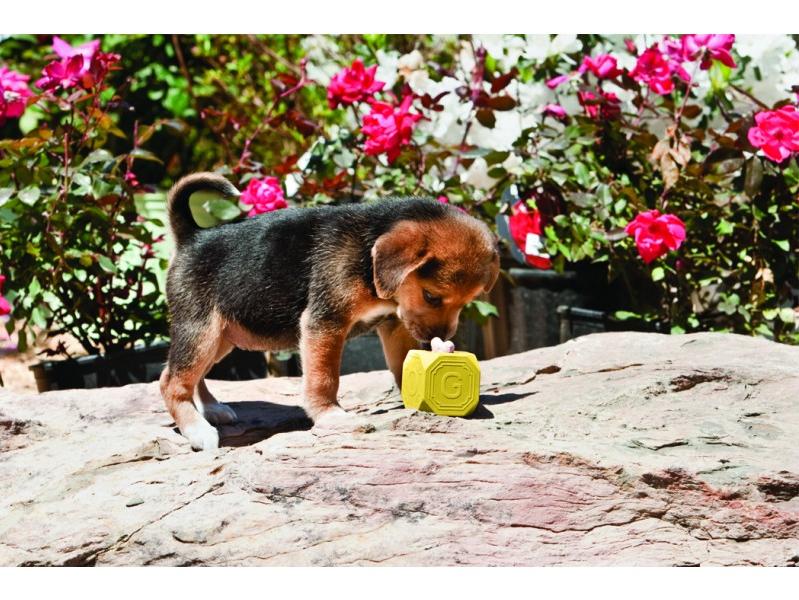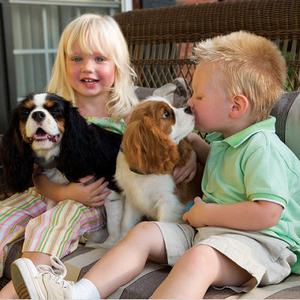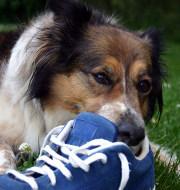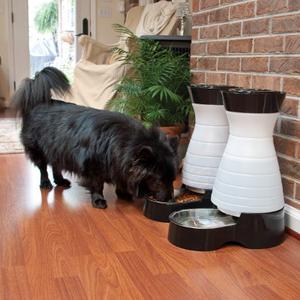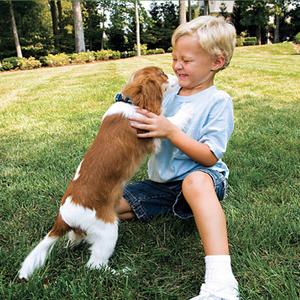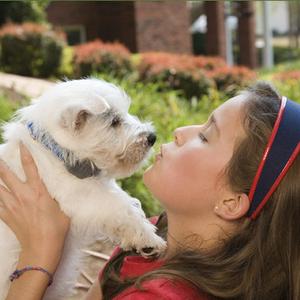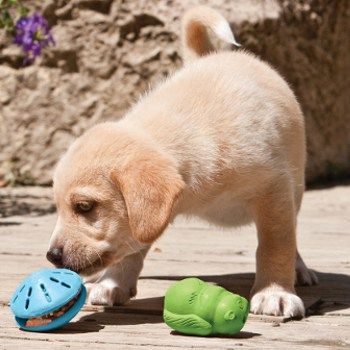 Puppies change quickly. When your puppy is 6 months old, it is the equivalent of 12 years in a human life - a teenager/adolescent. Gasp! Because of their rapid developmental periods, you can go to bed with one puppy and wake up the next morning with an entirely different puppy.
Puppies change quickly. When your puppy is 6 months old, it is the equivalent of 12 years in a human life - a teenager/adolescent. Gasp! Because of their rapid developmental periods, you can go to bed with one puppy and wake up the next morning with an entirely different puppy.
Additionally, the age your puppy comes into your house is important. Not only is their chronological age important, but what they learn and from their mothers and littermates - and especially the breeder - is more significant.
Puppies go through developmental stages just like children do.
-
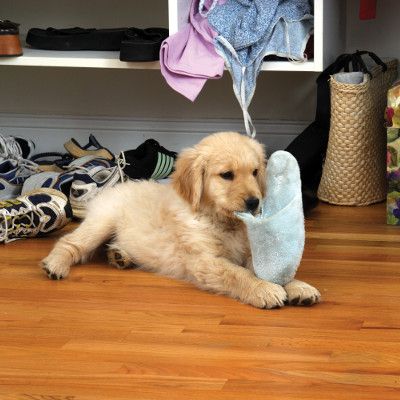 Birth - 2 weeks - The Neonatal Period. The new puppy has only the senses of smell, taste, and touch. He eats, sleeps, stumbles around, pees, and poops during this period, and that's pretty much it.
Birth - 2 weeks - The Neonatal Period. The new puppy has only the senses of smell, taste, and touch. He eats, sleeps, stumbles around, pees, and poops during this period, and that's pretty much it. - 2-3 Weeks - The Transitional Period. During this period, the puppy's eyes and ears open and he begins to walk rather than crawl. He also becomes aware of his littermates and his environment.
- 3-13 Weeks - The Socialization Period. His senses are developing and refining. His motor skills are improving. He is making associations with other living beings and his environment. He gets weaned. His brain is changing so that events he encounters during this time will likely have lifelong consequences.
- 13 weeks - 6 months - Adolescence. The behavior patterns that the puppy has developed begin to mature, hormones kick in, and puppies begin to test boundaries.
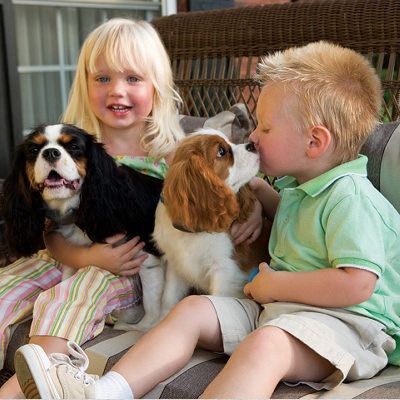 We used to think that 49 days or 7 weeks was the optimal time since that is just after puppies are weaned. But there are reasons this may not be true. This one is fascinating - even though the puppies may be born on the same day, developmentally they can be different ages because of different times of conception.
We used to think that 49 days or 7 weeks was the optimal time since that is just after puppies are weaned. But there are reasons this may not be true. This one is fascinating - even though the puppies may be born on the same day, developmentally they can be different ages because of different times of conception.
According to Dr. Ed Bailey, Professor Emeritus of Animal Behavior at Guelph University, developmentally at birth, puppies can range from 42 to 56 days old. You can see these differences if you observe a litter. Puppy A learns a new task quickly. Puppy B takes about a week longer. It takes Puppy C 2 additional weeks to learn the same task.
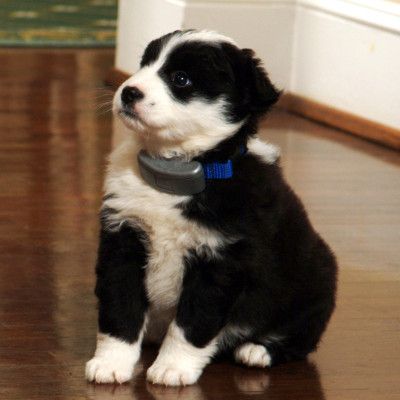 Overlapping the developmental periods is a fear period, which is during Weeks 7-9. This is the time most puppies go to their forever homes. They are taken away from the only home they have ever known, many times put into a crate, and delivered to what seems to them like a foreign land. Nobody is familiar and everything is different. Very scary.
Overlapping the developmental periods is a fear period, which is during Weeks 7-9. This is the time most puppies go to their forever homes. They are taken away from the only home they have ever known, many times put into a crate, and delivered to what seems to them like a foreign land. Nobody is familiar and everything is different. Very scary.
But if the breeder or rescue agency has done their homework and gotten the puppies used to a multitude of changes in a positive way then the puppies have a good chance of being stable dogs and can leave at 10 weeks. That includes introducing people of different ages, bringing in new smells and sounds, giving them mental and physical challenges, teaching them to be alone, starting potty training and obedience training, and a whole host of other variables. If the breeder or rescue has not, then get that puppy out of there at 6 weeks and do the work yourself.
So ask the breeder (not pet stores because they are not breeders) a LOT of questions. The bottom line is - if you want a good puppy, choose a good breeder or rescue.

